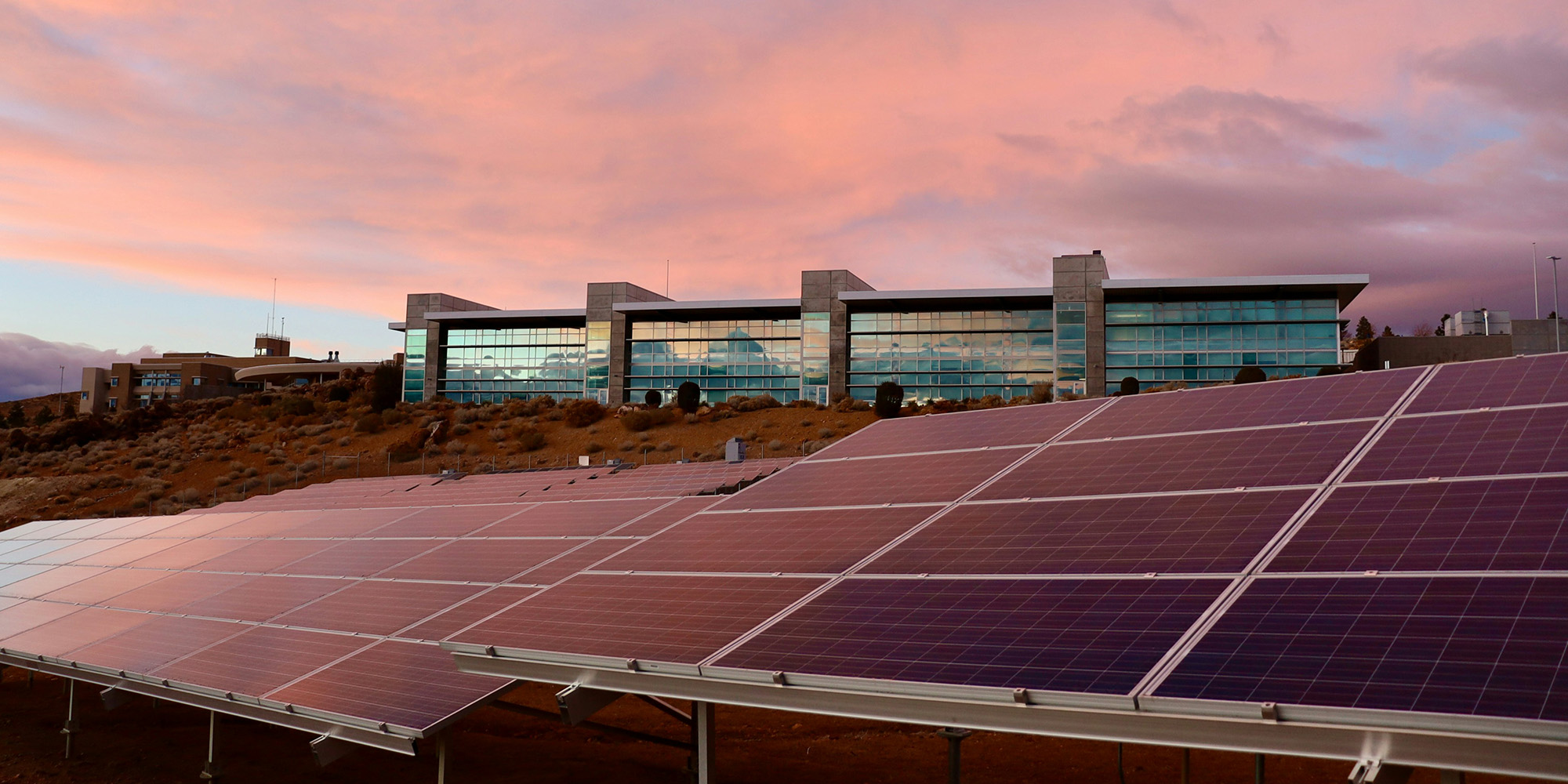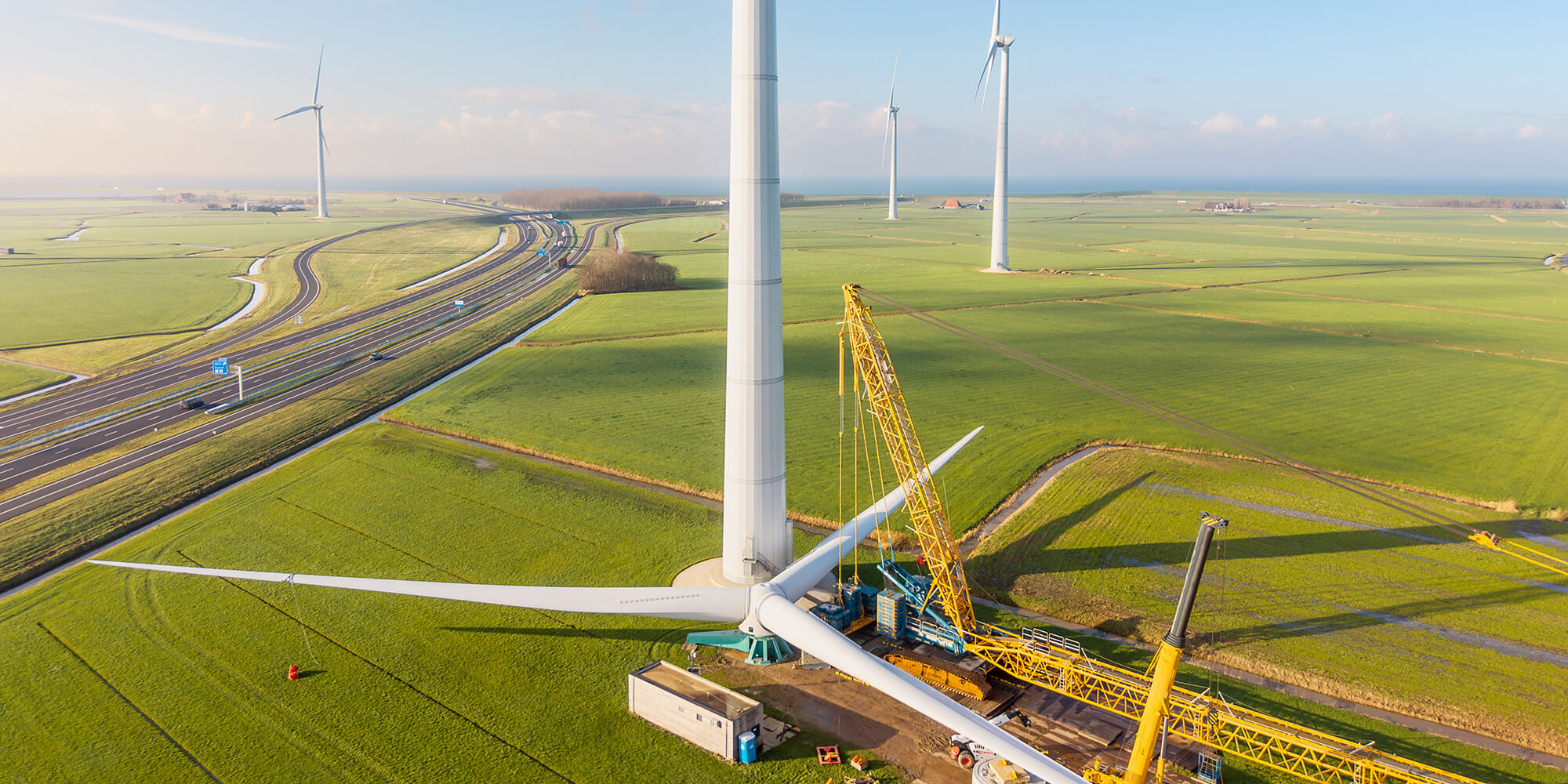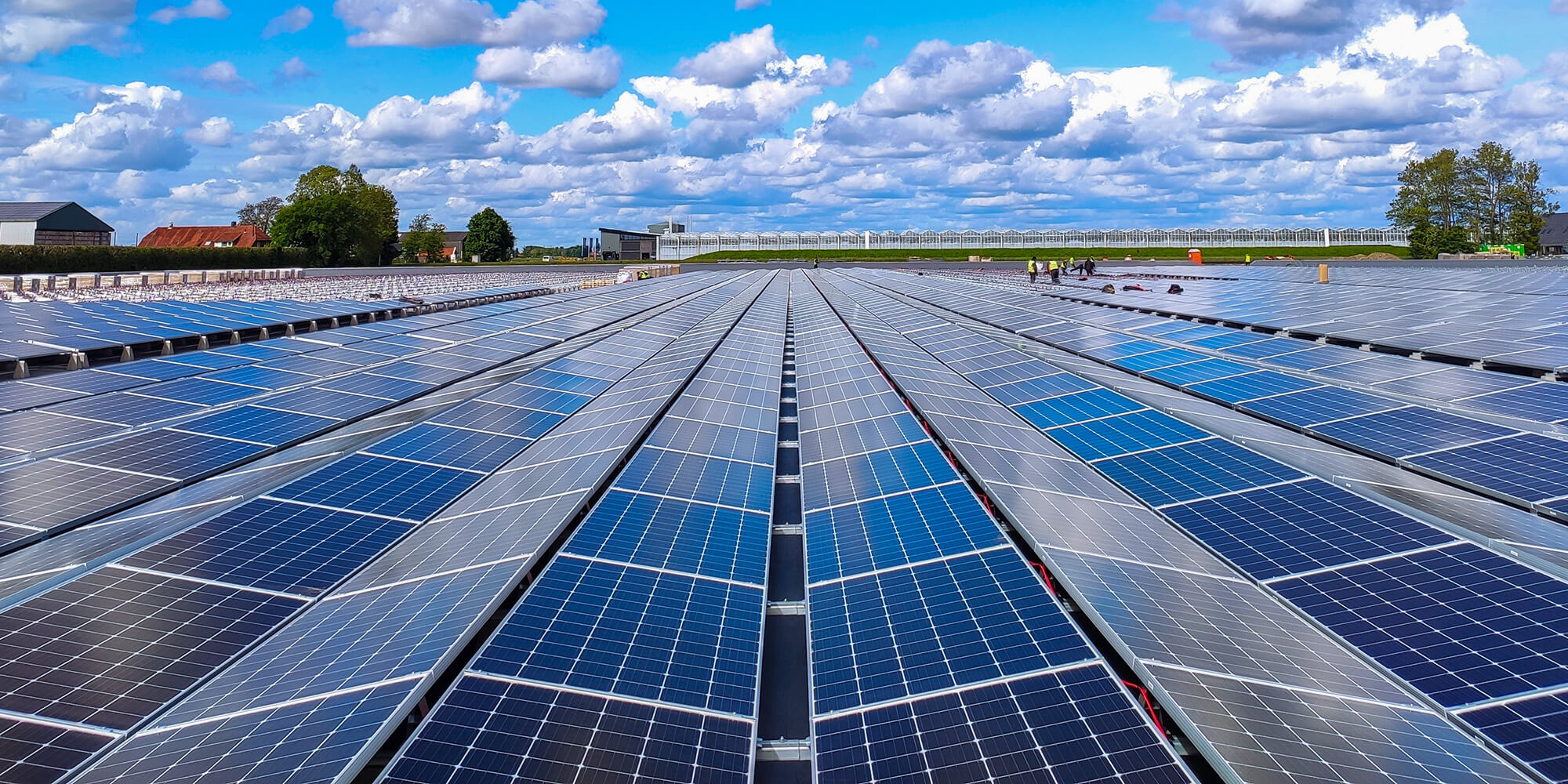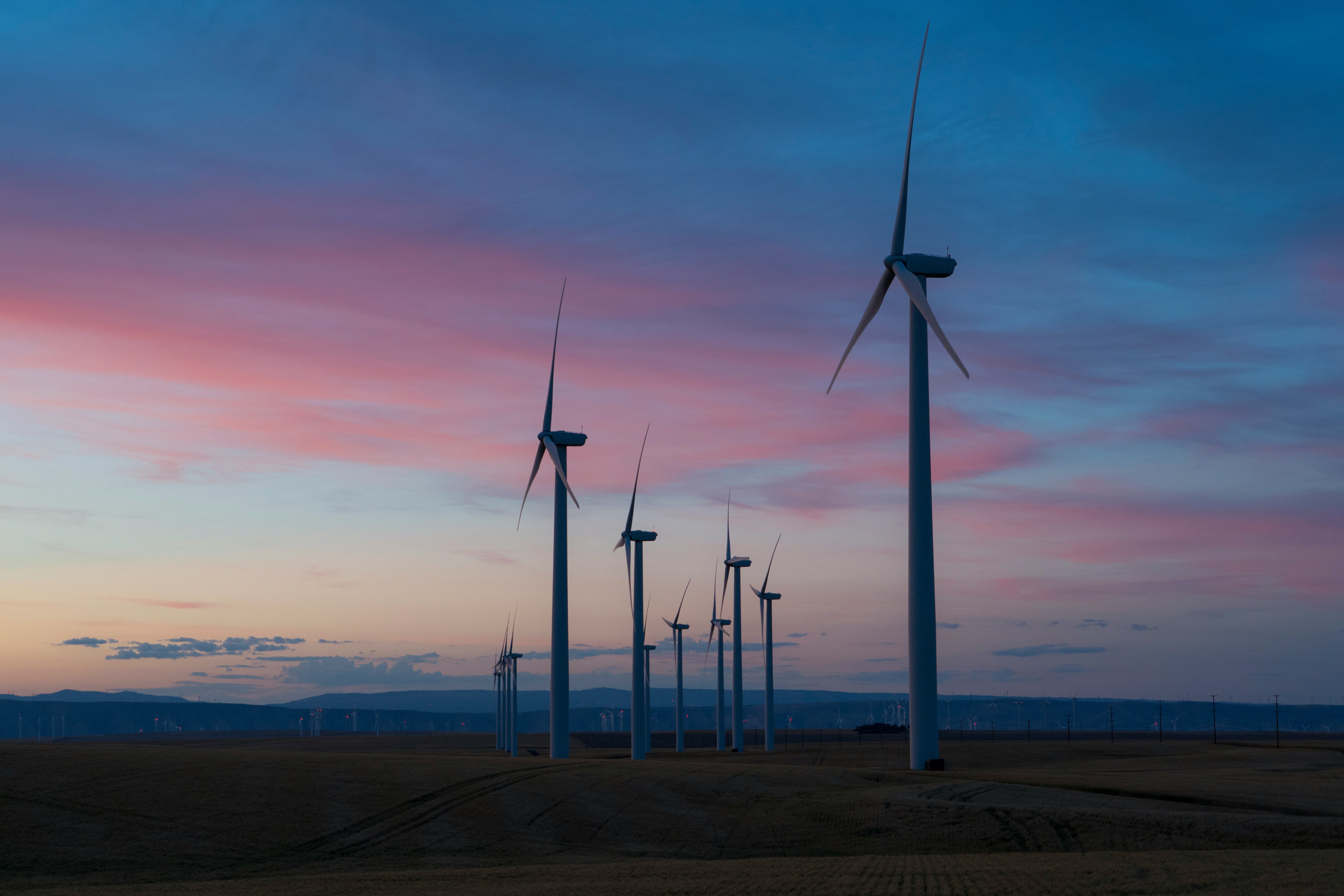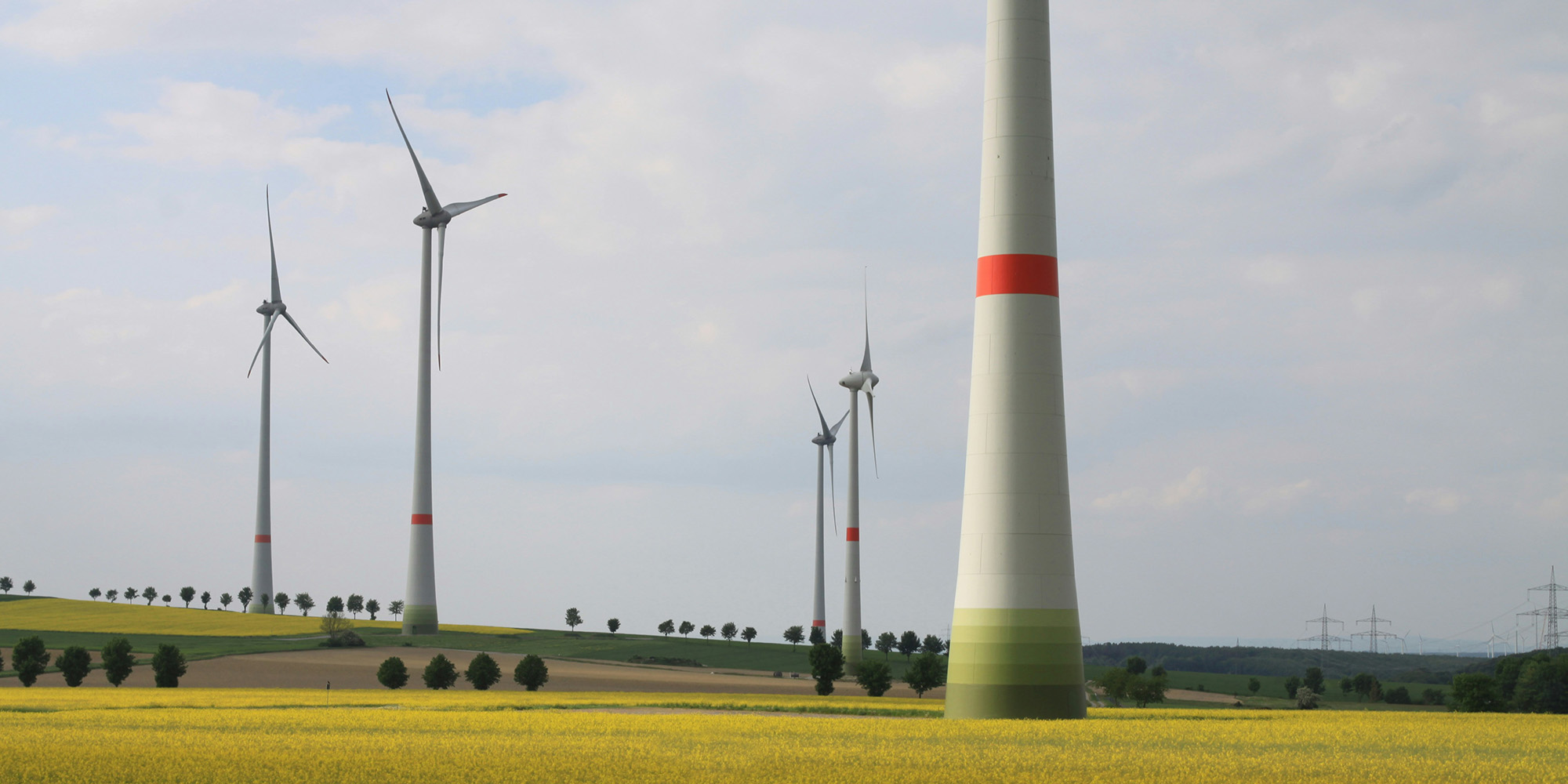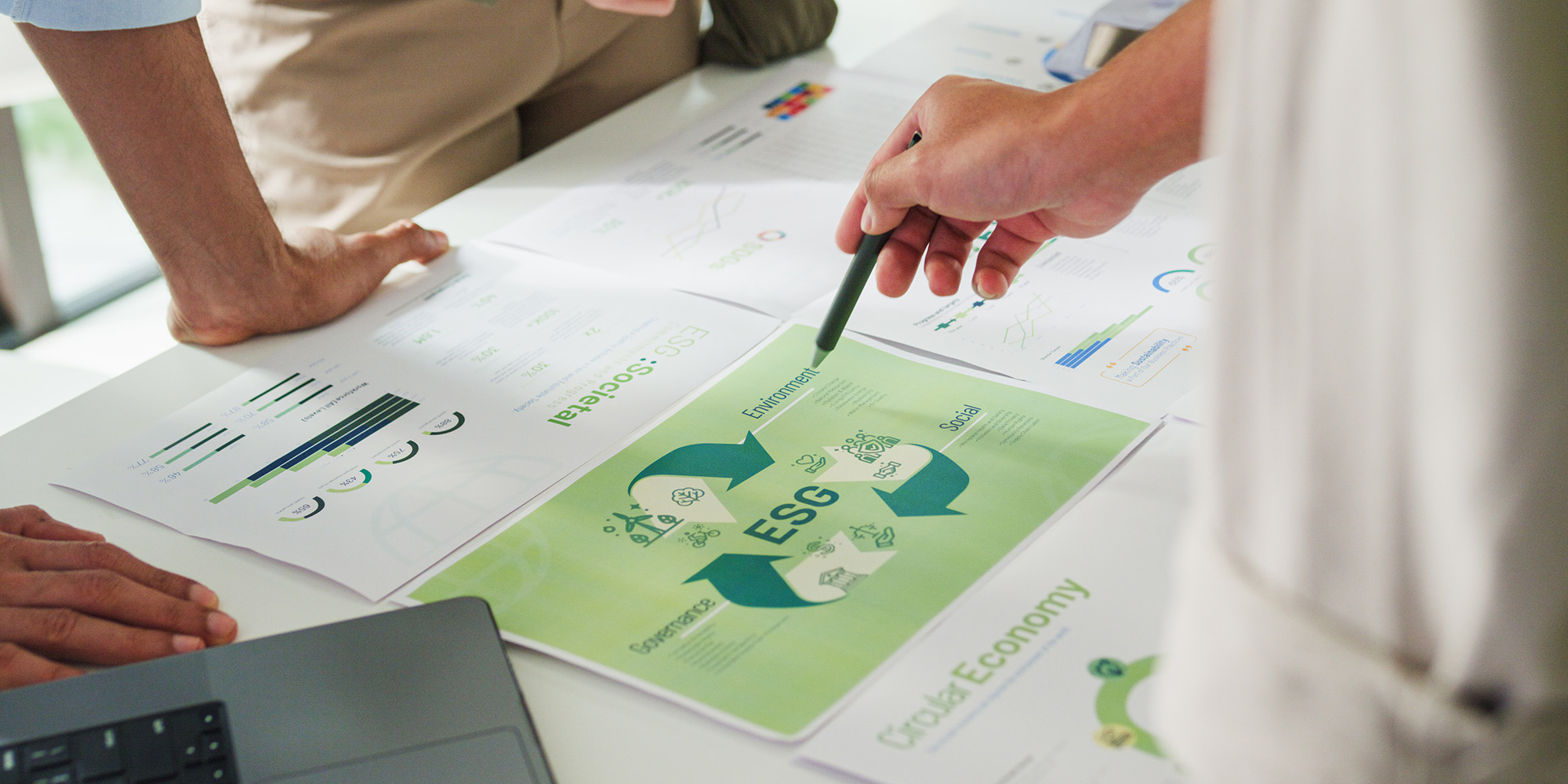What is the Renewable Energy Directive?
The Renewable Energy Directive – RED, for short – is the legal framework for the development of renewables in the EU. It establishes rules for renewable energy and sets mandatory targets block-wide.
RED III is the latest version of the directive. It raises the EU’s renewable energy target and clarifies rules around Guarantees of Origin (GOs), Power Purchase Agreements (PPAs) and various types of renewable energy. The directive also seeks to remove barriers to the trade of renewable energy across the Union and to facilitate processes for more stakeholders to join the market.
After RED III is published in the Official Journal of the European Union, member states will have 18 months to transpose RED III into national law – meaning in early 2025, at the latest. This article focuses on renewable electricity to show what changed and what opportunities and challenges lie ahead for your company.
A new renewable energy target for the European Union
RED III raises the EU’s renewable energy goal, stating that 42.5% of the block’s overall renewable energy consumption shall be renewable by 2030. This includes electricity and a mix of other energy sources. On top of that, member states shall strive to achieve an additional 2.5% to reach 45% renewables by the end of the decade.
RED III’s renewable energy goal is aligned with that set out by the REPowerEU Plan. Regarding electricity in particular, the EU expects total generation to reach 3 450 TWh in 2030, 72% of which will be renewable.
The size and expiry of Guarantees of Origin
RED III adds important rules around the size of GOs. It establishes guarantees “shall be of the standard size of 1 MWh” but can be “divided to a fraction size,” provided the fraction is a multiple of 1 Wh. This encourages member states to issue more granular GOs for renewable electricity, with a timestamp closer to real time in accordance with the imbalance settlement period.
RED III also specifies GOs can be sold and bought for 12 months after “the production of the energy unit” and must be cancelled within 18 months, after which they will expire. Member states of the EU shall include expired GOs in the reports of their residual mix – the sources of electricity supply that are not covered with GOs – to be published annually.
The directive further opens the possibility for Guarantees of Origin to be issued for non-renewable energy sources. It also keeps the possibility for members states to refrain from issuing GOs for production that has received government support.
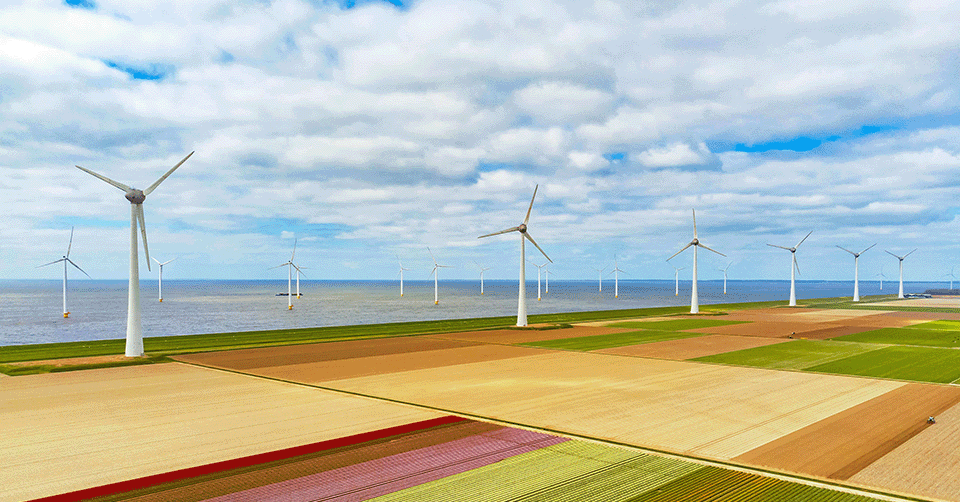
Simpler Power Purchase Agreements – with Guarantees of Origin attached
The EU wants more renewable PPAs. To encourage them, RED III determines these agreements shall be free of “disproportionate or discriminatory procedures and charges” that could dissuade organisations from signing them. Member states should also explore mechanisms that “reduce the financial risk” off PPAs, such as credit guatantees.
The directive further instructs member states to develop policies “promoting the uptake of renewable energy purchase agreements in the integrated national energy and climate plans.” In other words, national governments shall make it simpler to sign PPAs and come up with strategies to allow a wider variety of companies – not only big corporations with a lot of purchasing power – to access such agreements.
Member states should also ensure that “any associated guarantees of origin can be transferred to the buyer of the renewable energy” from a PPA. These clarifications come at the same time as GOs are being included in more areas of European climate policy, such as the Corporate Sustainability Reporting Directive.
Lighter rules for small installations and energy communities
As part of the bid to extend the use of GOs, RED III determines registration processes and fees shall be simplified and reduced for installations under 50 kW. This also applies to renewable energy communities, which typically produce small volumes of electricity.
Along with the possibility of issuing GOs for volumes smaller than 1 MWh, this could allow small producers to join the system and document their output.
Monitoring the balance of the market
The GO market recently struck a balance between supply and demand that, since 2022, keeps prices above historical averages. The new directive states the European Commission will now monitor the balance in the market.
By 30 June 2025, the Commission will produce its first assessment of the “functioning of the guarantees of origin system,” where, in case of finding some sort of imbalance, it will “identify relevant factors affecting supply and demand.” RED III does not specify exactly how the Commission will do this or what actions it will take following the assessment.
The GO market, nonetheless, keeps expanding. Regulatory updates are extending the role of GOs in a number of policy areas. As RED III affirms, GOs are “a key tool for consumer information as well as for the further uptake of renewable energy purchase agreements.” We expect more developments in the same direction and more stakeholders to join the market.
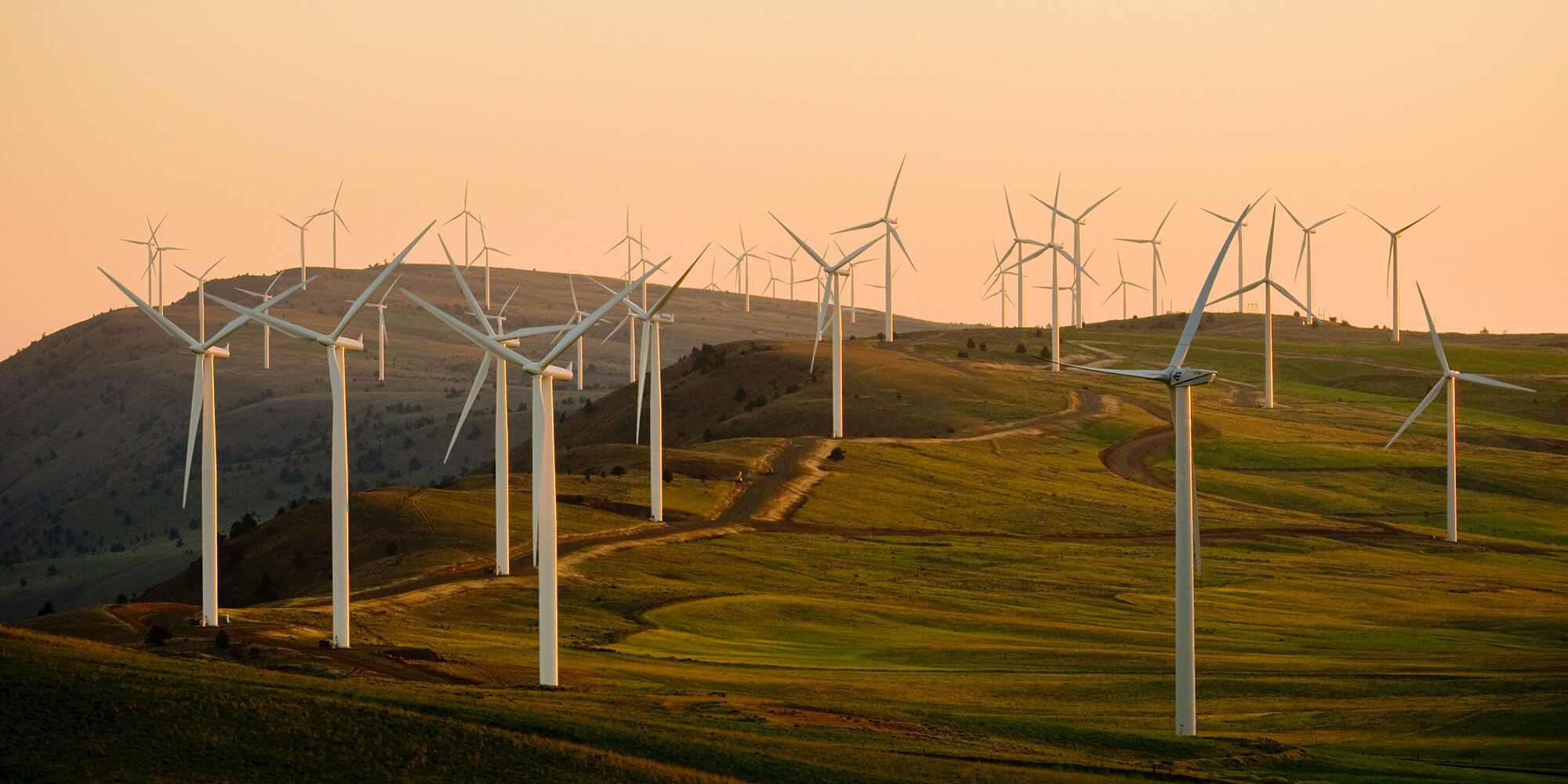


.png?width=3840&height=2560&name=Sun(1).png)

.png?width=3840&height=2560&name=Landscape_2(1).png)
